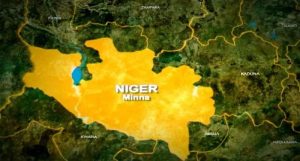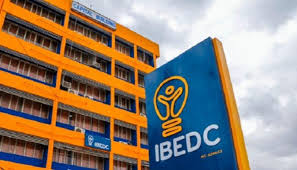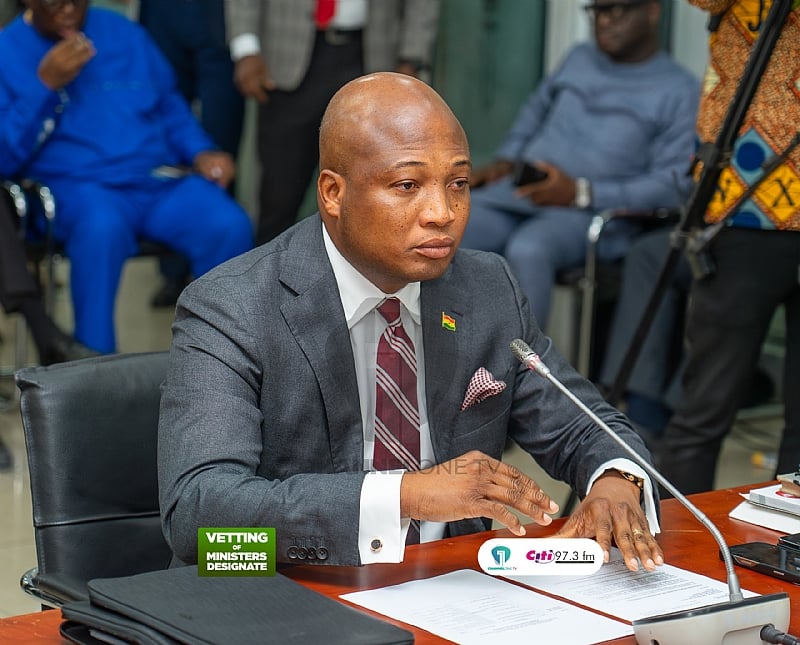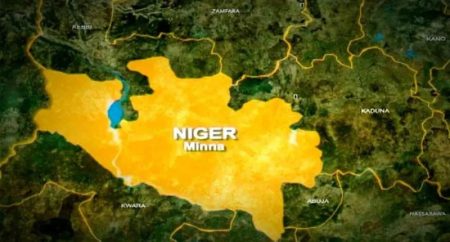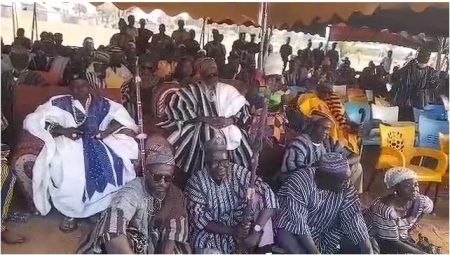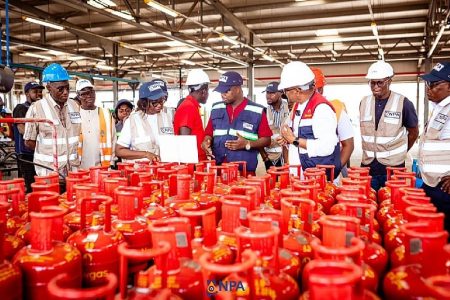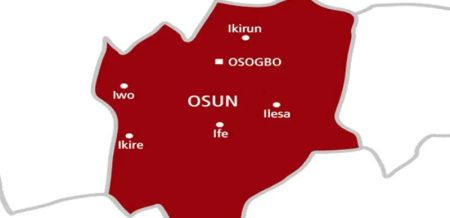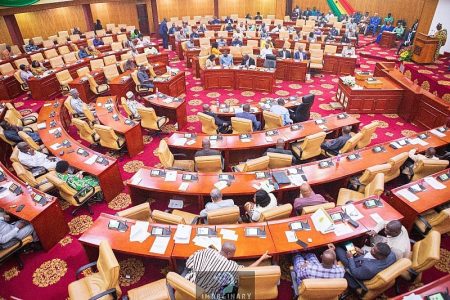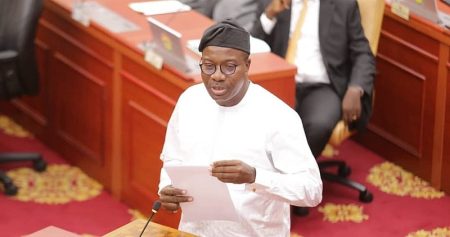The Ghanaian Parliament has summoned Foreign Minister Samuel Okudzeto Ablakwa to address concerns surrounding the deportation of Ghanaians from the United States. This action, initiated by Assin South MP Reverend John Ntim Fordjour, stems from growing anxieties over the reported mistreatment of Ghanaian deportees in US detention centers and the subsequent challenges they face reintegrating into Ghanaian society. The urgency of the matter underscores the need for government intervention to both advocate for the humane treatment of Ghanaians abroad and provide necessary support for those forcibly returned to Ghana.
Reverend Fordjour’s appeal highlights the distressing accounts emerging from US detention centers, detailing the degrading conditions faced by Ghanaian detainees awaiting deportation. These reports paint a bleak picture of human rights concerns, emphasizing the need for diplomatic engagement to ensure the wellbeing of Ghanaian citizens held in US custody. Beyond the immediate concerns of detention conditions, the MP’s request underscores the larger issue of reintegration, recognizing the difficulties faced by deportees, many of whom have spent a significant portion of their lives in the US, in readjusting to life in Ghana.
The call for government intervention goes beyond mere diplomatic representation. It emphasizes the necessity of establishing tangible support systems for returnees, facilitating their reintegration into Ghanaian society. This includes practical measures such as job placement initiatives and the creation of dedicated integration centers, providing a structured framework for deportees to rebuild their lives. Such initiatives recognize the inherent challenges of adapting to a new environment after prolonged periods abroad, acknowledging the need for comprehensive support to facilitate a smooth transition.
The deportation issue raises broader questions about migration management and the responsibilities of both sending and receiving countries. While the immediate focus is on the wellbeing of deported Ghanaians, the underlying causes of migration and the need for sustainable solutions require attention. This includes addressing the socio-economic factors that drive migration, fostering opportunities within Ghana, and promoting legal pathways for migration to minimize the risks associated with irregular migration. The current situation underscores the need for a comprehensive approach to migration management, one that addresses both the immediate needs of deportees and the long-term challenges of migration.
Ghana’s approach to this issue requires a multi-pronged strategy. Diplomatically, the government must engage with US authorities to ensure the humane treatment of Ghanaian citizens in detention centers and explore avenues for collaboration on migration issues. Domestically, the focus should be on establishing robust reintegration programs, providing essential support services to deportees, and creating an enabling environment for their successful reintegration into society. This includes addressing the stigma often associated with deportation, fostering community acceptance, and providing opportunities for returnees to contribute meaningfully to the Ghanaian economy.
The parliamentary summons of the Foreign Minister signals a crucial step towards addressing a complex and sensitive issue. It reflects a growing awareness of the challenges faced by deported Ghanaians and the need for a comprehensive government response. The outcome of this parliamentary engagement will be pivotal in shaping Ghana’s approach to deportation and reintegration, setting a precedent for future cases and highlighting the importance of protecting the rights and wellbeing of Ghanaian citizens abroad and supporting their successful return home.


